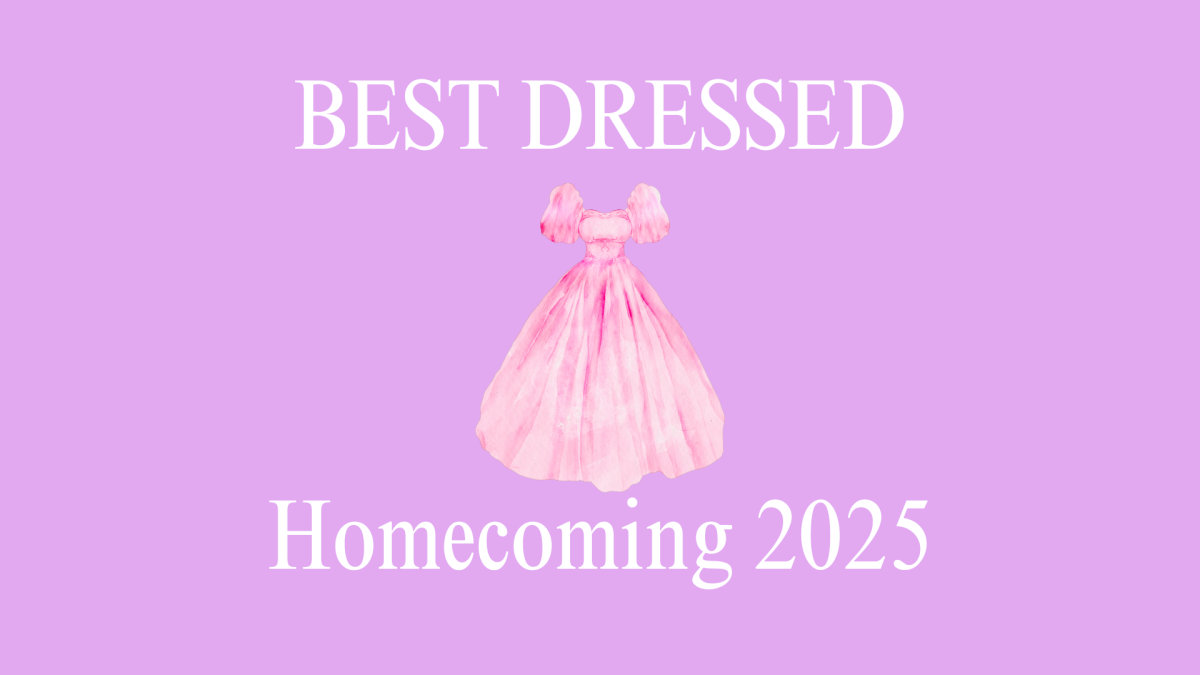The concept of slut, as a noun, is such a volatile thing. It’s usually said as a pejorative and offensively, yet there is no shortage of its casual usage in modern society. Popular among younger generations (but in no way exclusively millennial), it’s a quick and easy put-down for anyone perceived as sexually promiscuous. Ironically, it often has little to do with sex at all! Slut-shaming comes from the negative attitudes and presumptions people have about female sexuality.
So why does someone’s alleged sexuality make others uncomfortable? And how does brandishing that word affect us personally and emotionally? After all, slutty can mean so many different things. It can refer to a style of dress, a type of personality, even a sense of openness about one’s values. Have you ever seen one of those cliche movie scenes where the girl asks her friend if her outfit is too “slutty?” It’s ridiculous.
Honestly, I think when people use the word it says more about speaker than the subject.
Degrading a girl for being comfortable with herself suggests your own discomfort. I’d argue what you’re uncomfortable with is not women having sex, but rather women having sex for their own pleasure opposed to for the man’s. Slut-shaming was invented and normalized by men who want to make women feel small and powerless. What the S-word is really doing is creating a hierarchy that pits woman against woman, girl against girl, so men can stay in control and continue to have their way. But it doesn’t have to be like this.
Is it possible to narrow down the definition of slut? There’s no point, it’s like trying to pick out a single star in a galaxy bursting with magnificent constellations. It’s an umbrella term for all the glorious possibilities that lie within the vast universe of female (and queer) sexuality. All that matters is what word means to you.
Simply posting pictures of yourself online can be such a revolutionary act! Seeing female celebrities and Instagram personas like Amber Rose and Karley Sciortino (on Viceland)–who are relentlessly rejecting the norm by being unapologetically sexual online–showed me it’s okay to embrace human nature. These women encouraged me to honor my convictions, and live first and foremost for myself.
I recall odd comments, like my mom asking one day if black tights “still meant what they used to” when I picked out a pair at the mall. When the kids at lunch criticized a girl for wearing “stripper heels,” I second-guessed my favorite pair of booties. Could a pair of shoes really make someone a slut? How could they tell? I didn’t understand how such minor details could imply so much about a person, and inspire vehemence toward a virtual stranger. Were my clothes sending a message I wasn’t aware of? Was my behavior bordering on inappropriate? I wasn’t comfortable asking my mom about sensitive issues, afraid she would get the wrong impression. So I kept quiet, not knowing what to believe anymore.
In places like high schools and small communities, even ones considered liberal or accepting, someone is bound to receive this stigma. The so-called “slut” doesn’t usually have a say in it, but still, some choose to embrace the title rather than let it control them. When it happened to me, my trust was betrayed and my faith was a little shaken. But, like any life lesson, in time I was able to see the positive side, recognizing the true friends who stood by me no matter what. Who, at their own pace, also did whatever they wanted with their bodies. I realized that I didn’t have to be the victim — none of us were suffering by having social lives or by sharing it with each other. We were defining our own version of feminism, and we were proud no matter what anyone said about us.
But it’s not always that simple. Criticism can hurt, especially when it’s coming from those close to you. Without reclaiming the word, occupying the slut stature can ruin a real friendship, can poke holes in a family, can sever the strongest bonds. And sometimes, it can sabotage a person’s identity.
slut-shaming is not so much about what a woman is or isn’t doing; it’s misogyny, sexism, jealousy, fear, and insecurity. Those who stay true to themselves are easy targets for haters and cynics; people are often jealous and frustrated so they project onto others.Navigating life as a non-male is difficult enough without creating divisions within the margins. To make our own decisions is to reclaim the power that has been stolen from us. We must advocate for each other as human beings, sluts, virgins, asexuals notwithstanding, and everything in between.
Girls are taught to be quiet, meek, and agreeable at all costs, but self-sacrifice is a mighty high price to pay. Individuals are too diverse to be confined to strict societal standards. Be who you are, sexually and otherwise. Do what you want with your body, mind, and soul. Let the gossipers set the example of what not not be, and free yourself from self-restraint. You don’t have to fall into the victim mindset perpetuated by the patriarchy. You don’t have to live by anyone’s rules but your own. You are the one who knows yourself best.














Anonymous • Jun 1, 2018 at 10:18 am
Maybe if you put into consideration the fact that social structures are built on the basis of utility, not oppression, your opinions would change.
Anonymous (but feminist) • May 30, 2018 at 8:07 pm
This article is simply amazing, as well as truthful. I see that some do not agree with this message- my only response to this is that they’re a man threatened by the idea of a woman challenging societal norms that have caused millions of intelligent and strong females to suffer. I love that the author pointed out that this is a female problem as well; it’s everyone that needs to come to the understanding that feminism is necessary, and sexism is still prominent. To the anonymous commentator- tell me, have you, or one of your male friends, ever been criticized for having sex? Or how about just straight up liking it? Have you ever once gotten in trouble at work or school because how you dress is “distracting” to your peers? Hell, some women get straight up fired for just being a woman with breasts. To men and society as a whole, even the SHOULDERS of women are considered too sexual to show in professional and school settings. These things exist. The disease of SEXISM exists, and slut shaming is a direct and troubling symptom. Open your eyes. Open your mind.
And to the author- you are brave, and your ability to portray the struggle of modern day feminism is inspiring. Perhaps one of my biggest issues with society is the double standard women are held to- our sexuality is considered wrong, and yet we are rarely seen as anything more than sexual objects. Thank you for writing this. Thank you for bringing these “taboo” ideas to the conscious mind of LFHS. As a current senior, you have no idea how refreshing this article was to read. Please continue to write- I’ll follow your work wherever it goes. Brava!
Anonymous • May 30, 2018 at 1:26 pm
Also to the person “moderating” these comments let’s see if you just block me out and remove me from the discussion with your fingers in your ears locked in your echo chamber.
Austin Scott • May 30, 2018 at 1:30 pm
It seems a bit nearsighted to call out the moderator whilst posting an ever-so-brave anonymous comment. Put your name on it.
Anonymous • May 30, 2018 at 1:24 pm
This article is complete garbage. You can’t just keep spreading your so called “feminism” by hating on men in general and blaming mysogyny and “the patriarchy” for every single human problem.
Anonymous • May 30, 2018 at 3:17 pm
You may what to learn how to critcize contructively. Although it is true that this article is definitely one sided, if you want to get people to listen to you, you must be able to making kinder comments.
Anonymous 2 • May 30, 2018 at 4:22 pm
The reason slut-shaming exists is because female sexuality is inherently threatening to the patriarchal structure. Women taking control, being empowered threatens the existing social order. Clearly, you too feel threatened by female sexuality, thereby proving the existence and strength of the patriarchy. You are the reason we need feminism.
Anonymous 3 • Jun 2, 2018 at 5:30 pm
The problem with these articles is that they demonize men, and make it sound like the author wants a world controlled by women where men have no power as a sort of pay back for what men did in the past. Equality is differient than feminism. Feminism argues for females to have powers such as voting without responsibilities such as the draft but equality argues that if women want those rights they need the responsibilities. This is why I support equality not feminism.